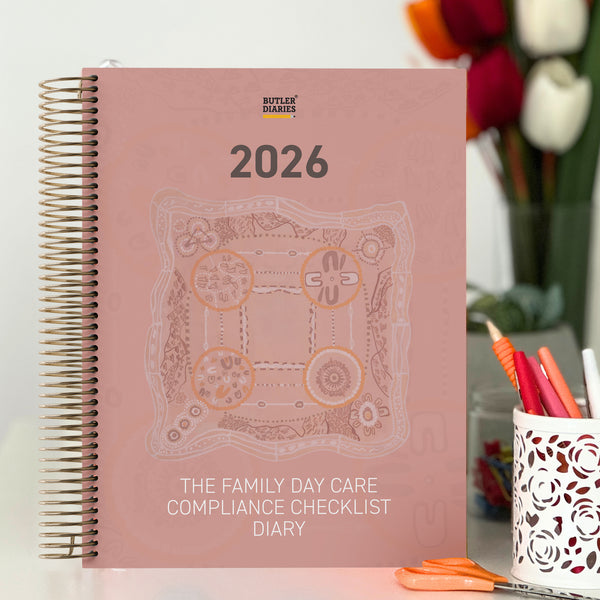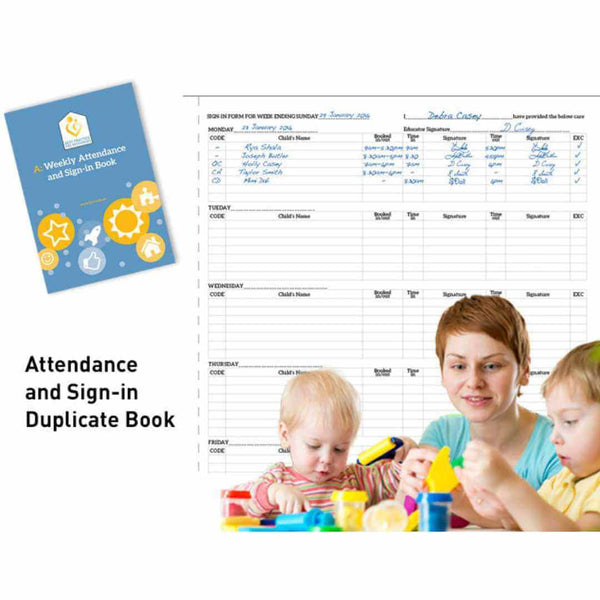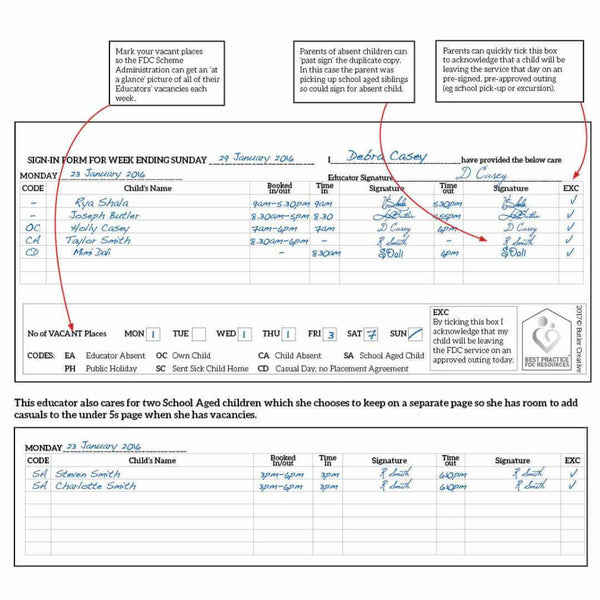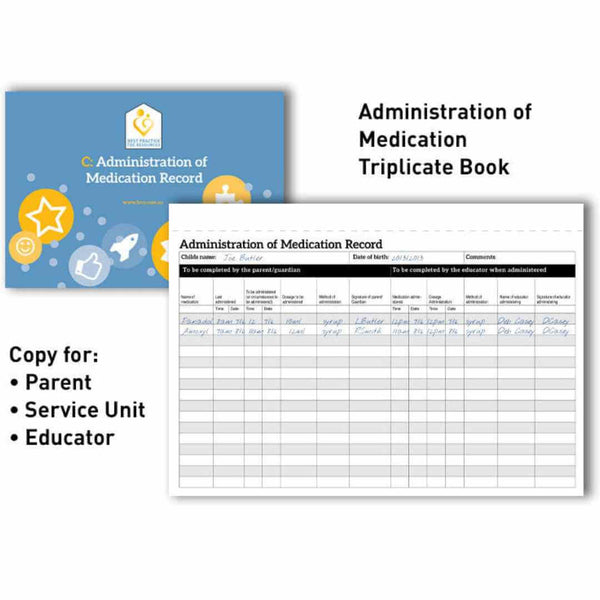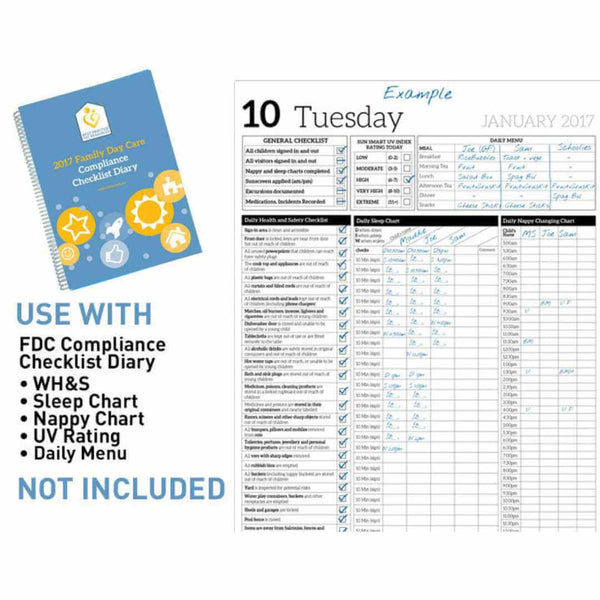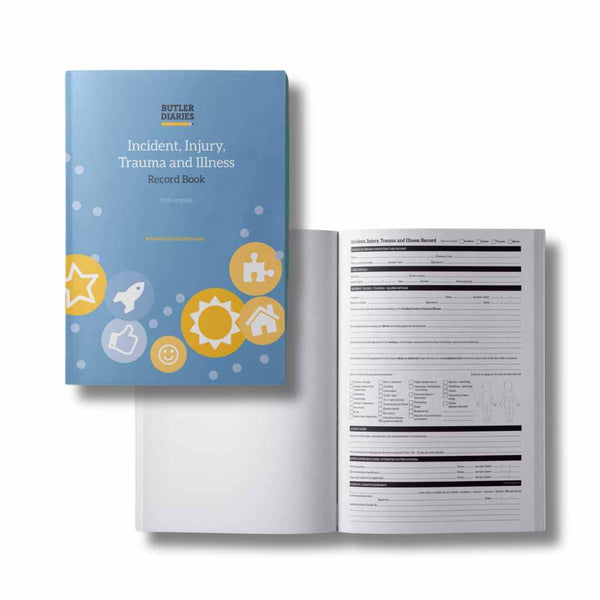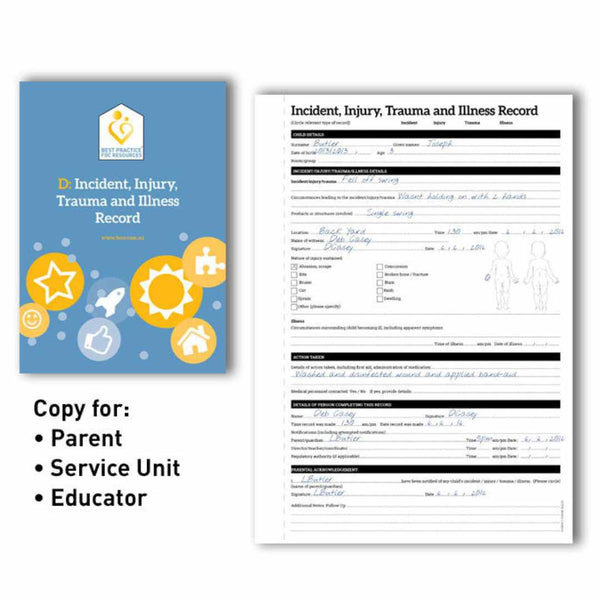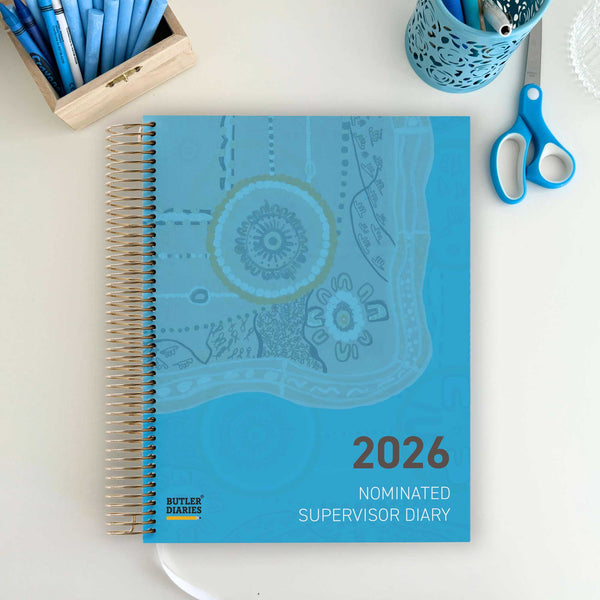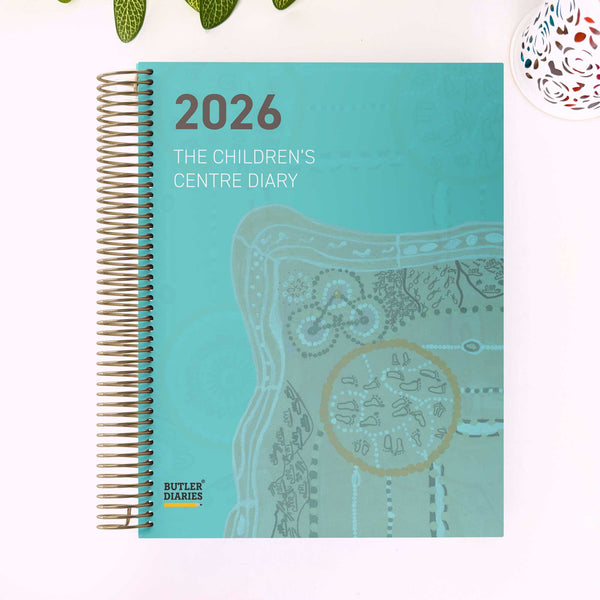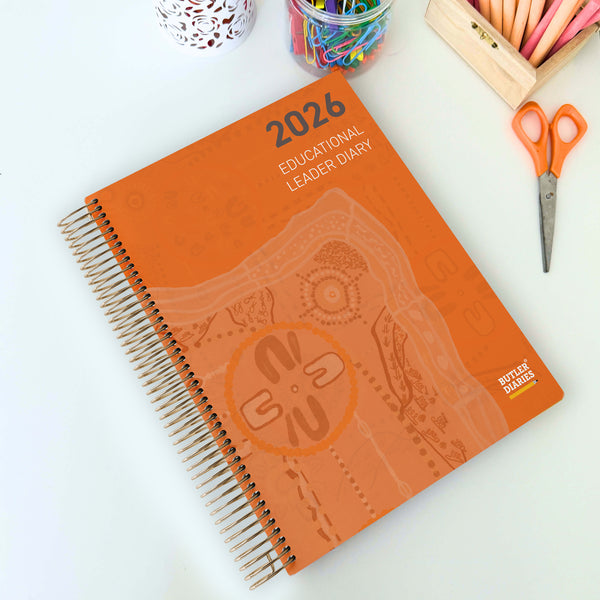We know... another change! These changes also come from the 2019 NQF review and are in addition to the changes we saw on 1 March 2023 and 1 July 2023. It feels impossible to keep up but don't worry, we've got you covered. Here is a summary of the NQF changes coming on the 1st of October 2023.
NQF Changes Coming 1st of October 2023
Health and Safety
- Sleep and rest policies will need to be enhanced and include the matters you consider when conducting risk assessments.
- Policies, procedures and risk assessments will also need to be enhanced for the safe arrival of children travelling between services or services and schools.
- The approval process for centre-based services and family day care in multi-storey buildings with other occupants will be strengthened. This includes requiring additional information about the premises and layout.
- Your emergency and evacuation procedures will have to be more robust and risk-based.
- National Principles for Child Safe Organisations have been further embedded into the NQF that were not yet addressed in the Education and Care Services National Law (new requirements for volunteers and students, FDC coordinators and child protection training requirements, and child safe environment and compliant policy and procedure requirements).
- First aid qualifications have been prescribed currently periods.
- New notification requirements for centre-based services to report changes to the regulatory authority of ages of children or nature of care offered.
- Improving information sharing and regulatory authority oversight by sharing service transfers between providers, regulators and families.
- Increasing penalties.
FDC Sector
- Improving the provision of information on the FDC Register.
- Safety requirements and compliance receive additional guidance for fencing requirements and monthly inspections for FDCs with pools, water features, and other potential water hazards.
- Safety glass requirements have been mandated with nationally consistent requirements.
- Circumstances that may affect whether residents are fit and proper to be in the company of children or other risk posed to children's health, safety or wellbeing has undergone new mandatory processes for reporting.
Families
- Greater transparency and timeliness on when services are transferred between providers.
- FDC residences will be required to clearly display their quality assessment and rating certificate.
- A diagram of areas of residences and venues that are assessed as suitable for education and care will be required to be visible for FDC services.
- Approved providers have enhanced consent processes for the disclosure of personal information.
Guide to the NQF
This will be updated to reflect the new changes and is also now available in an interactive online format.
Learn More
This is just a summary of some of the changes. All the changes to NQF are published here - https://www.nqfreview.com.au/. It's best practice to check the website regularly and ensure you are up to date with all your compliance requirements.









